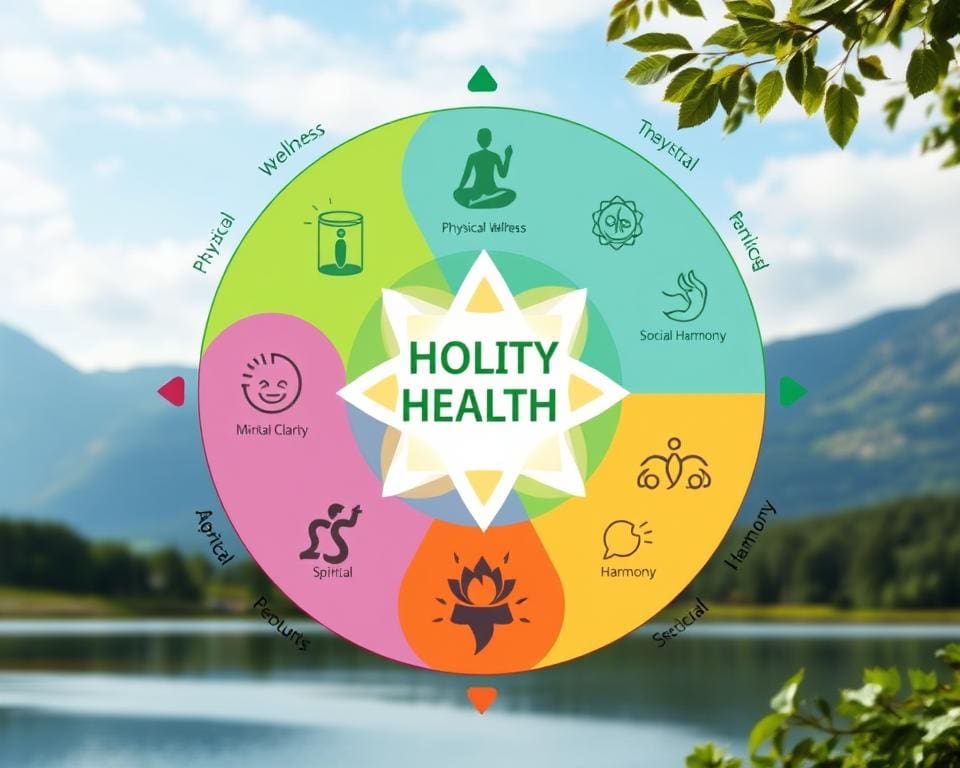Holistic health is an essential concept that encompasses more than the mere absence of illness. It emphasizes the interconnectedness of the body, mind, and spirit, highlighting the holistic health significance in achieving overall well-being. Understanding what holistic health is and its importance in our daily lives can pave the way for a balanced and vibrant existence.
In a world filled with stressors, recognizing the importance of holistic health is vital for nurturing not only ourselves but also our communities. By adopting a holistic approach, we center our focus on treating the person as a whole, promoting harmony among various aspects of life. Embracing these principles allows us to cultivate a healthier, happier lifestyle that resonates deeply within us.
Understanding Holistic Health
In the realm of wellness, a holistic health approach emphasizes the interconnectedness of various aspects of an individual. This philosophy promotes the idea that well-being is not merely the absence of illness but a balanced state across multiple dimensions of life. Understanding this broad framework reveals the essence of holistic health practices in nurturing comprehensive well-being.
Definition of Holistic Health
Holistic health can be defined as an inclusive approach to well-being that considers the entire person—body, mind, and spirit. This perspective integrates various elements that contribute to overall health, recognizing that challenges in one area can impact others. By embracing a holistic health approach, individuals can develop a deeper commitment to their wellness journey.
Components of Holistic Health
The components of holistic health are essential building blocks for achieving a balanced life. Key elements include:
- Physical Health: Emphasizes the importance of nutrition, regular exercise, and preventive care.
- Emotional Health: Involves the management of stress, emotional regulation, and fostering healthy relationships.
- Mental Health: Focuses on maintaining cognitive clarity and emotional resilience.
- Social Well-being: Highlights the significance of connections within community support systems.
- Spiritual Health: Encourages individuals to seek purpose, practice mindfulness, and attain a sense of inner peace.
By integrating these components of holistic health, individuals can create a more fulfilling and enriched life experience.

What is Holistic Health and Why It Matters
The significance of a holistic approach to health cannot be overstated. By fostering an awareness of lifestyle choices, individuals can understand the effects of these choices on their overall well-being. This proactive health strategy emphasizes prevention over mere symptom management, allowing individuals to cultivate resilience and adaptability, essential traits in navigating life’s challenges.
Significance of a Holistic Approach
Adopting holistic health benefits leads to a more engaged and intentional lifestyle. Individuals who embrace this philosophy are better equipped to maintain their health and enhance their overall quality of life. With a focus on emotional, physical, and social wellness, the significance of holistic health becomes clear—it not only addresses immediate health concerns but fosters long-term well-being and satisfaction.
The Importance of Holistic Health in Daily Life
Incorporating holistic practices such as mindfulness, balanced nutrition, regular physical activity, and strong social connections transforms daily life. The holistic health benefits explanation reveals that these practices contribute to enhanced vitality and reduced stress levels. Research shows that those who commit to holistic health principles often report greater life satisfaction and improved productivity, influencing both personal and professional accomplishments positively.









